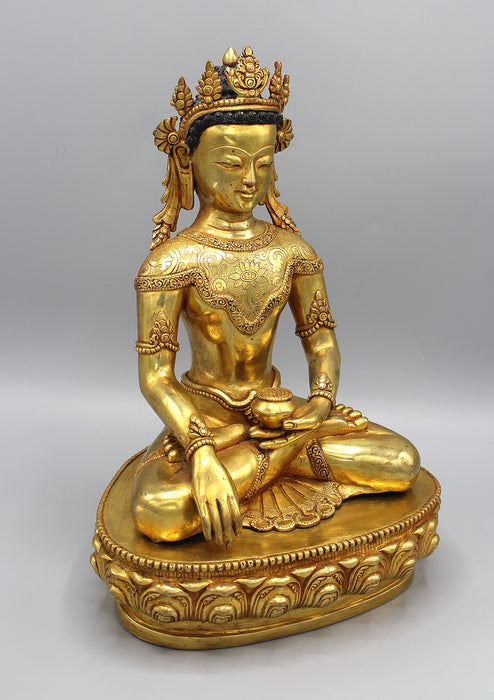

The name of his clan was Gautama (Pali: Gotama). Buddhi, the power to "form and retain concepts, reason, discern, judge, comprehend, understand," is the faculty which discerns truth ( satya) from falsehood. he tended to be known as either Buddha or Sakyamuni in China, Korea, Japan, and Tibet, and as either Gotama Buddha or Samana Gotama (“the ascetic Gotama”) in Sri Lanka and Southeast Asia." īuddha, "Awakened One" or "Enlightened One," is the masculine form of budh (बुध् ), "to wake, be awake, observe, heed, attend, learn, become aware of, to know, be conscious again," "to awaken" ""to open up" (as does a flower)," "one who has awakened from the deep sleep of ignorance and opened his consciousness to encompass all objects of knowledge." It is not a personal name, but a title for those who have attained bodhi (awakening, enlightenment). The Buddha, Tapa Shotor monastery in Hadda, Afghanistan, 2nd century CE Siddhārtha Gautama and Buddha ShakyamuniĪccording to Donald Lopez Jr., ".

Later generations composed additional texts, such as systematic treatises known as Abhidharma, biographies of the Buddha, collections of stories about his past lives known as Jataka tales, and additional discourses, i.e., the Mahayana sutras.

These were passed down in Middle Indo-Aryan dialects through an oral tradition. The Buddha has since been venerated by numerous religions and communities across Asia.Ī couple of centuries after his death, he came to be known by the title Buddha, which means "Awakened One" or "Enlightened One." His teachings were compiled by the Buddhist community in the Vinaya, his codes for monastic practice, and the Sutta Piṭaka, a compilation of teachings based on his discourses. He died in Kushinagar, attaining parinirvana. His teachings are summarized in the Noble Eightfold Path, a training of the mind that includes ethical training and meditative practices such as sense restraint, kindness toward others, mindfulness, and jhana/dhyana (meditation proper). He taught a Middle Way between sensual indulgence and severe asceticism, leading to Nirvana, that is, freedom from ignorance, craving, rebirth, and suffering. The Buddha thereafter wandered through the lower Indo-Gangetic Plain, teaching and building a monastic order. After leading a life of mendicancy, asceticism, and meditation, he attained enlightenment at Bodh Gaya in what is now India. Siddhartha Gautama, most commonly referred to as the Buddha ("the awakened"), was a wandering ascetic and religious teacher who lived in South Asia during the 6th or 5th century BCE and founded Buddhism.Īccording to Buddhist tradition, he was born in Lumbini, in what is now Nepal, to royal parents of the Shakya clan, but renounced his home life to live as a wandering ascetic ( Sanskrit: śramaṇa).


 0 kommentar(er)
0 kommentar(er)
